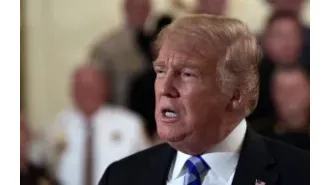Monopolies and Startups
Christina wrote a post yesterday that got me thinking. It's not quite like working together but when a former colleague blogs, you get a bit of that "in the halls" thing that makes working in a group so great. Fortunately, Charlie, Andrew, and Eric all blog too.
Christina makes this point about medallions and monopolists:
I’ve started to believe the leverage in the “sharing economy” will be in opening regulated industries. SF cabs were atrocious because there are too few medallions. (Turns out the medallion holders, keen to restrict medallion supply, were well-incented lobbyists, as any good monopolist should be.) The revolutionary part of Lyft and Sidecar is that those companies decided, forget the medallion battles! and let’s just increase the number of drivers on the road.
I love this Margaret Mead quote:
"Never doubt that a small group of thoughtful citizens can change the world. Indeed, it's the only thing that ever has."
So now, after quoting two bright women, I will get to my point.
Monopolies aren't great for society. So we have trust busters in government whose job it is to keep the monopolies in check. But they don't do that so well. And our government is pretty good at handing monopolies out. Just look at the cable industry.
A few entrepreneurs in a garage. Or a few hackers on the Internet. They are the best trust busters of them all. Look what open source Linux did to Microsoft. They put a dent in a machine that the government could not. And look at what Lyft, Sidecar, and Uber did to the medallion owners in San Franscisco. They got cabs on the streets when the government could not.
Never doubt that a small startup can take on a huge monopoly. Indeed, it is the only thing that can.






